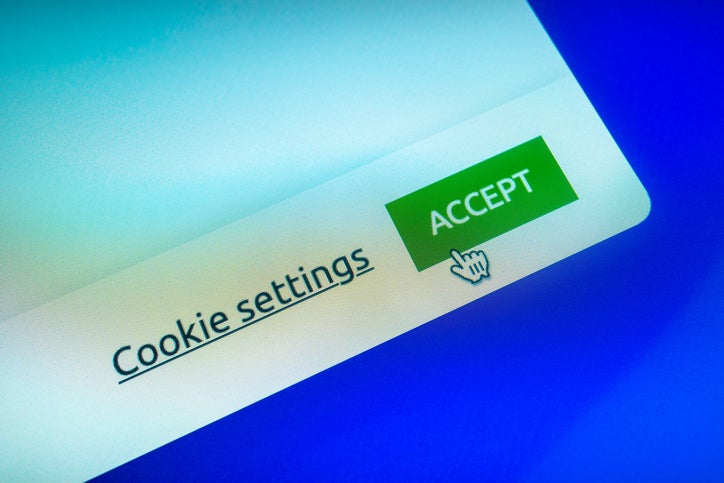
Google has started to test changes to the way companies can track users through third-party cookies on its landmark web browser Google Chrome.
The new browser feature from the search engine giant disables all third-party cookies. Third-party cookies are small files that collect users’ analytic data to track someone’s online activity and provide personalised advertisements.
Google said the feature will initially be rolled out to around 30 million people, or just 1% of global users.
“We’re taking a responsible approach to phasing out third-party cookies in Chrome,” Anthony Chavez, Google vice-president, wrote in a blog post.
“If a site doesn’t work without third-party cookies and Chrome notices you’re having issues… we’ll prompt you with an option to temporarily re-enable third-party cookies for that website,” he added.
Eli Heath, head of identity at Lotame, told Verdict that the change is “relatively minor considering that 30% of browsers, such as Safari and Firefox, already do not support third-party cookies”.
How well do you really know your competitors?
Access the most comprehensive Company Profiles on the market, powered by GlobalData. Save hours of research. Gain competitive edge.

Thank you!
Your download email will arrive shortly
Not ready to buy yet? Download a free sample
We are confident about the unique quality of our Company Profiles. However, we want you to make the most beneficial decision for your business, so we offer a free sample that you can download by submitting the below form
By GlobalData“This small percentage is unlikely to drive significant changes among buyers, as demand side platforms [advertisers] will simply adjust their traffic optimisation strategies for Chrome browsers that still use cookies,” he added.
Google has described the change as a test period and plans to roll out the feature fully in the second half of 2024.
Heath claims that the testing phase “should serve as a wake-up call to re-energize and intensify efforts in testing cookie-less solutions”.
“If we can identify and isolate the 1% of impacted Chrome browsers, it could provide valuable insights into the effectiveness of post-cookie solutions,” Heath told Verdict.







